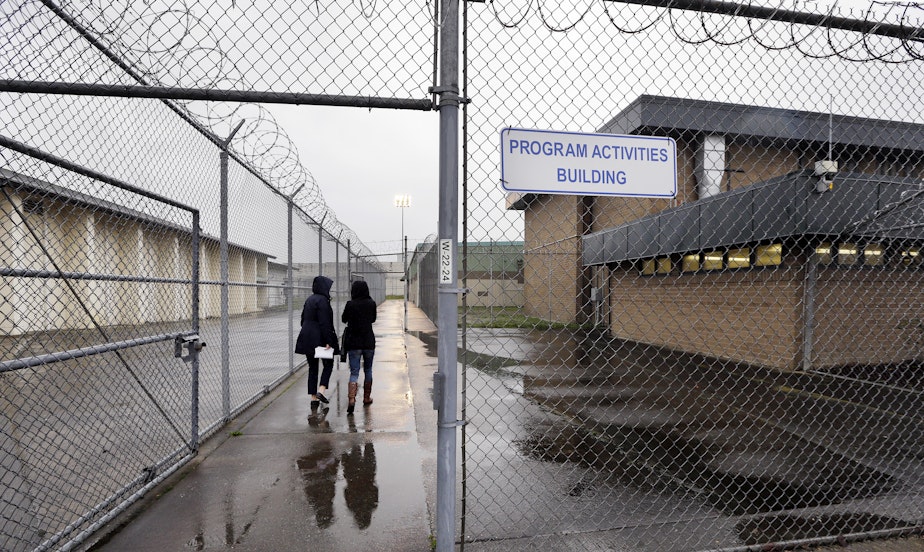COVID behind bars

How will the elderly and immunocompromised incarcerated population weather COVID-19? You’ve had a lot of questions lately: for some of them, the mayor has your answers. Will there be food shortages? And how you can help further Seattle kids’ education.
Listen to the full show by clicking the play button above, or check out one of the show’s segments below. You can also subscribe to The Record on your favorite podcast app.
Why expose immunocompromised inmates to COVID-19?
The US has the highest incarceration rate in the world, and an increasingly high number of those in prison are elderly or chronically ill. With a disease like COVID-19 that disproportionately affects those populations, attorney Rachael Seever with Disability Rights Washington says it’s time to let them out.
Thursday 3.19 with Mayor Durkan
Seattle mayor Jenny Durkan will be joining us to take your calls on how the city will respond to the unfolding pandemic. Today we talked about public gatherings, essential working, what the city is doing to expand the healthcare system’s capacity, and what you can do to fight the virus. (While washing your hands is high on the list, there were many other suggestions to check out.)
How the pandemic could change the farming system
Toilet paper shortages have already become normal enough to turn into memes. But what if food starts emptying off the shelves? Farmer and LINC Food Hub founder Beth Robinette says that the greater danger this pandemic poses is a further amplification of the inequities of our modern food system. People don’t have to go hungry – but they will, unless our system changes.
Homeschools + tutoring
So you’re homeschooling your kids. It’s making you exponentially more grateful for the work their teachers do, and you want some help. Paul Shurr with Firefly Tutoring explains what they’d like to see in supplemental education, and how you can help.

